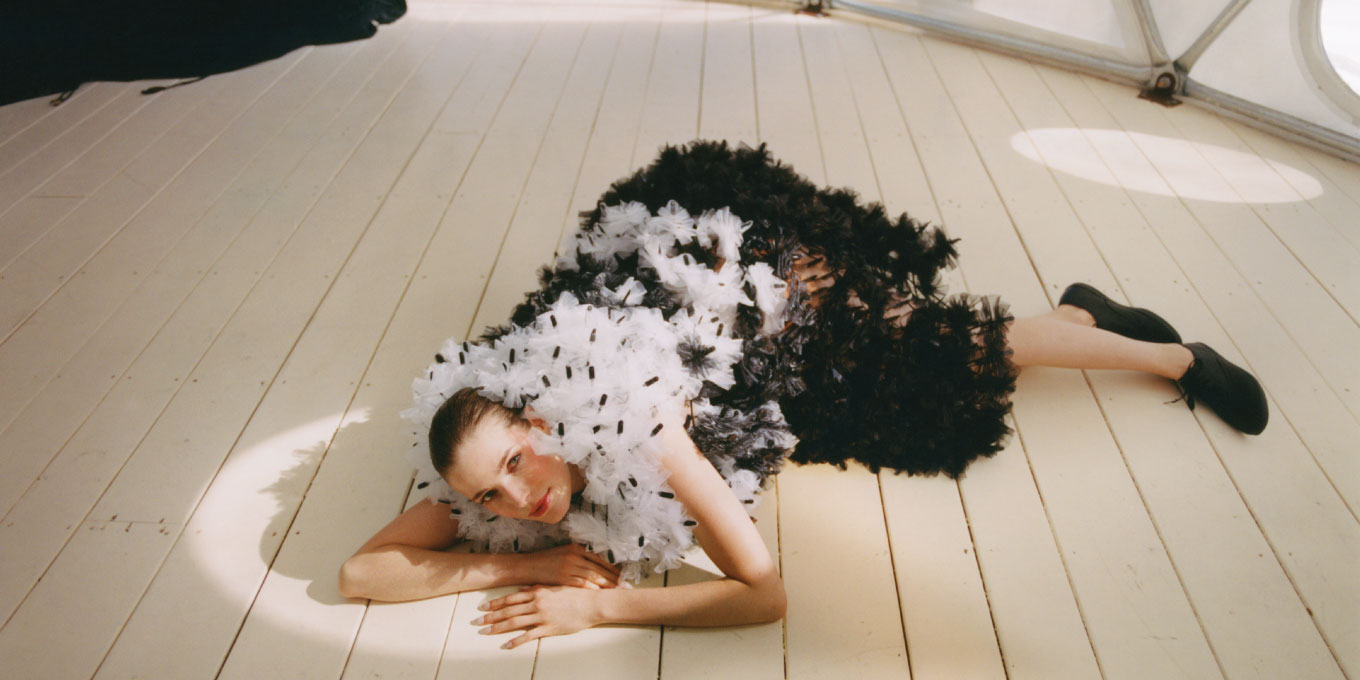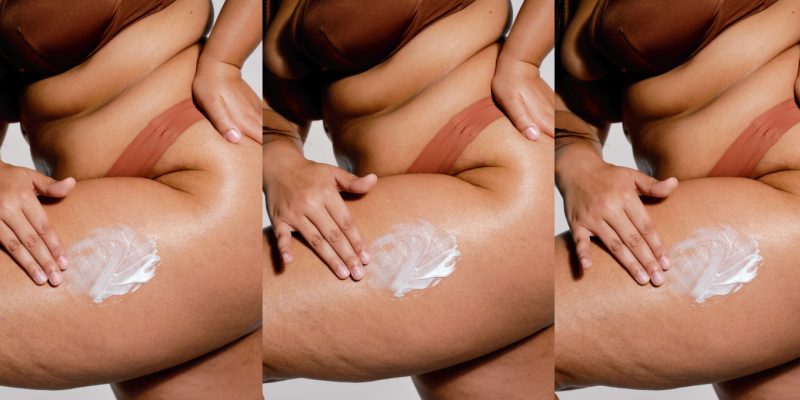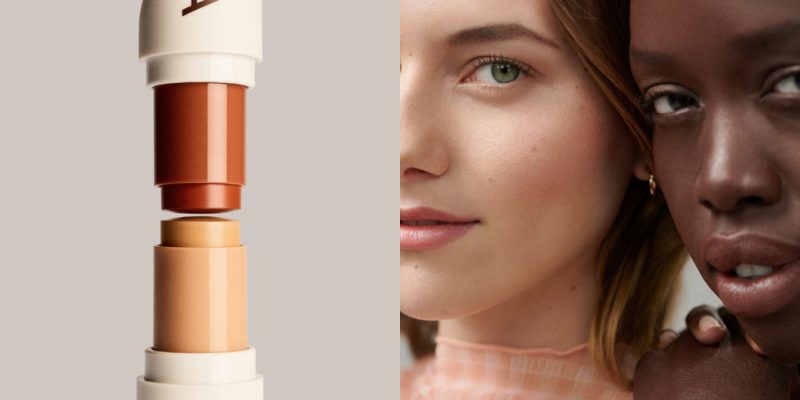Health & Fitness
Everything To Know About The Connection Between Good Sleep and Good Skin
Having a quality snooze is the best thing you can do for your skin, especially as you get on in years.
by : Lesa Hannah- Mar 20th, 2020

Arkan Zakharov
Jennifer Brodeur is in bed by 8:30 p.m. every night, she’s usually up by 4:30 a.m. and she almost never makes plans for anything past 6 p.m. “I decline everything because I know I need to be asleep,” says the 46-year-old Montreal-based facialist – Michelle Obama and Oprah are clients – and entrepreneur. (A recent dinner with friends who agreed to meet at 6:45 p.m. resulted in Brodeur bailing before dessert, at 9 p.m., much to their disappointment. “I told them, ‘When I tell you I’m in bed at this time, it’s not a joke.’”) Though Brodeur has always been an early riser and never slept in, even as a teen, she became disciplined about her schedule when her kids got older and she recognized how vital rest is for her to function – not only now but in the future too. And she doesn’t care if it’s weird or makes it seem like she’s lacking a social life. “I’m okay with not going to events,” she says. “I look forward to sleep.”
While sleep is essential for good health, it’s also Brodeur’s number one skincare tip because, for one thing, it’s free, so everyone has access to it. But it also provides something no product can. “When you sleep, that’s when your body hydrates and repairs itself,” she says. “If you’re not sleeping, your body can’t do those things.” She believes so fiercely in the importance of rest that she devoted a whole chapter to it in her recent book, La Peau et Ses Secrets, which was published in February. (The English version is coming later this year.) Here, she tells us why sleep becomes more critical as we age, why we should sleep on our backs and that we should all be splurging on bedding and pyjamas.
“If you’re sleeping very few hours a night, the body is going to work on your vital organs and your skin will always be left behind.”
What’s the association between aging, skin and sleep?
“What I’ve noticed over the past 20 years of my career is that as women age, their skin becomes reactive. Women were coming in with eczema and lots of inflammation and [they were] losing their hair – so many different weird phenomena going on – and they’d go see the dermatologist. And then they would come back and be like, ‘There’s no known reason.’ I would ask them how many hours they were sleeping at night, and I’d always get told ‘I sleep enough.’ But if you’re sleeping very few hours a night, the body is going to work on your vital organs and your skin will always be left behind. All the bodily functions – everything that needs to be repaired – are going to be slower. So in order to heal, you need to rest. And sometimes you’re not only not sleeping adequately but you’re falling asleep and then waking up and waking up.”
What could be contributing to that?
“Often there’s a link with the bedding that you’re sleeping on. So I always say to spend on natural fibres. The more synthetic the bedding, the more it’s going to encapsulate heat. And when your body overheats in that first half-hour, it’s going to want to get rid of the heat. So you’re going to start to sweat a little, and then that sweat is going to make you cold and then that’s going to wake you up. And food is a huge thing for sleep, because if you eat too much just before bed, that’s going to mean double time for your intestines – they’re not going to be able to do their job, and you’re going to feel bloated. So if you’re working too hard to digest that food, your skin is going to get even less love. You’re going to wake up and the first thing you’ll notice is that your skin feels like it’s a little swollen or puffy. And then you’ll want to buy an anti-puff eye cream, but that’s not the solution. I’m not saying not to do it, but it’s not going to solve the problem. And you should sleep on your back. I had to train myself.”
Why is that better?
“If you’re tossing and turning and your skin is going from left to right on your pillowcase, it’s going to create more creasing and more wrinkles. That friction is continual because you sleep one-third of your life. You’re doing this every night for many, many hours. It’s actually more detrimental if you have eczema or acne issues because that friction is going to cause inflammation.”
How many hours of sleep should we get every night?
“I always say a minimum of 7.5. The more we sleep, the easier it is for us to make rational decisions, the more patience we have and the more our skin glows. Because if you’re sleeping and you’re doing well, your body is going to absorb your skincare creams better, so you’re going to get a better result. If you’re sleeping and you’re stressed and you’re waking up and you’re hot and you’re cold? All of these things are going to prevent your products from being absorbed. This is why I always tell women that before they spend all this money on serums and eye creams, they should ‘Go out and buy yourself great pyjamas and good sheets.’”
What else should we be mindful of?
“Skip caffeine in the afternoons and evenings. If you can skip sugar and salt, that’s the best, because the more you eat of it toward the end of day and into the evening, forget it – you’re going to wake up looking like a pufferfish. Make sure you drink water throughout the whole day and that everything you’re sleeping on or in is breathable. Those breathable fibres, whether they’re cotton or wool, [help] you sleep longer because they will help keep in heat but also let the skin breathe.”
This article originally appeared in the April 2020 issue of ELLE Canada. Subscribe here.
READ MORE:
10 Beauty Products To Help You Get a Decent Night of Sleep
Newsletter
Join our mailing list for the latest and biggest in fashion trends, beauty, culture and celebrity.
Read Next

Culture
Zendaya and Tom Holland Have Reportedly Talked About Getting Married
Don’t expect them to discuss that on Instagram though.
by : Alyssa Bailey- Apr 26th, 2024

Culture
Where to Stay in Vancouver when Taylor Swift Comes to Town
Here's how to make the most of your weekend in Vancouver.
by : Allie Turner- Apr 26th, 2024

Beauty
Tested and Approved: Your New Hydrating Skincare BFF
This new product has all of your skin’s thirst-quenching needs covered.
by : ELLE Canada- Apr 17th, 2024




